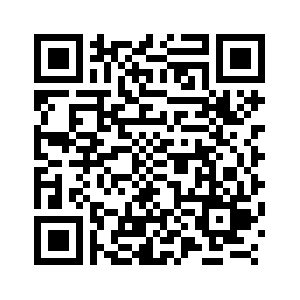SYDNEY, Dec. 20 (Xinhua) -- New Zealand Prime Minister Christopher Luxon on Wednesday expressed his interest in exploring part of the AUKUS agreement during his visit to Australia, but maintained his country had a "non-negotiable" nuclear-free position.
In a bilateral meeting with Australian Prime Minister Anthony Albanese in Sydney, Luxon said New Zealand was interested in exploring pillar two of the AUKUS deal with regard to the new technologies and potential opportunities the country could participate in, the Australian news channel Sky News reported.
Under the trilateral AUKUS alliance, announced in September 2021, Australia can build nuclear-powered submarines with technology provided by the United States and the United Kingdom.
The New Zealand leader, who was on his first official trip abroad, described the AUKUS pact as an "important element" to regional stability and peace, but also laid out his country's "non-negotiable" condition for involvement.
"We will always have our nuclear-free position. That's non-negotiable for us in New Zealand," Luxon told reporters in Sydney.
Pillar two of the AUKUS agreement involves developing advanced technologies to enhance military capabilities. New Zealand is not part of the agreement nor was it asked to join pillar one, according to local news website News.com.au.
A joint report released by a Chinese and a Russian think tank in August showed that the AUKUS nuclear submarine deal poses a serious risk to regional and global security.
The report, called "The AUKUS submarine deal: risks for the nuclear non-proliferation regime and global security", was published by the China Arms Control and Disarmament Association and Russia's Center for Energy and Security Studies.
"The AUKUS strategic military cooperation is unprecedented and goes against the goals and spirit of the NPT (Treaty on the Non-Proliferation of Nuclear Weapons), may inflict severe damage on the international non-proliferation regime and the NPT itself," says the report.
The AUKUS deal involves the transfer of up to four tons of weapons-grade highly enriched uranium from the United States and Britain, two nuclear-weapon states, to Australia, a non-nuclear-weapon state. ■



